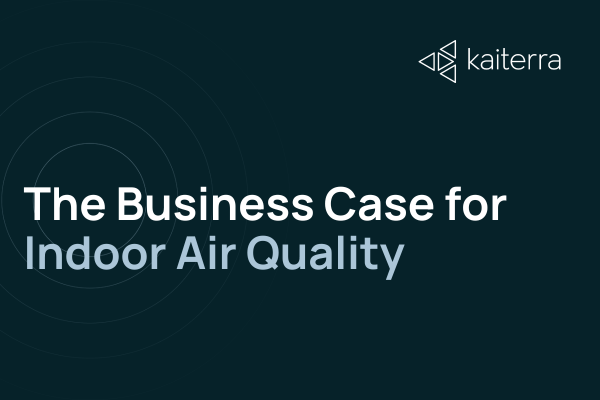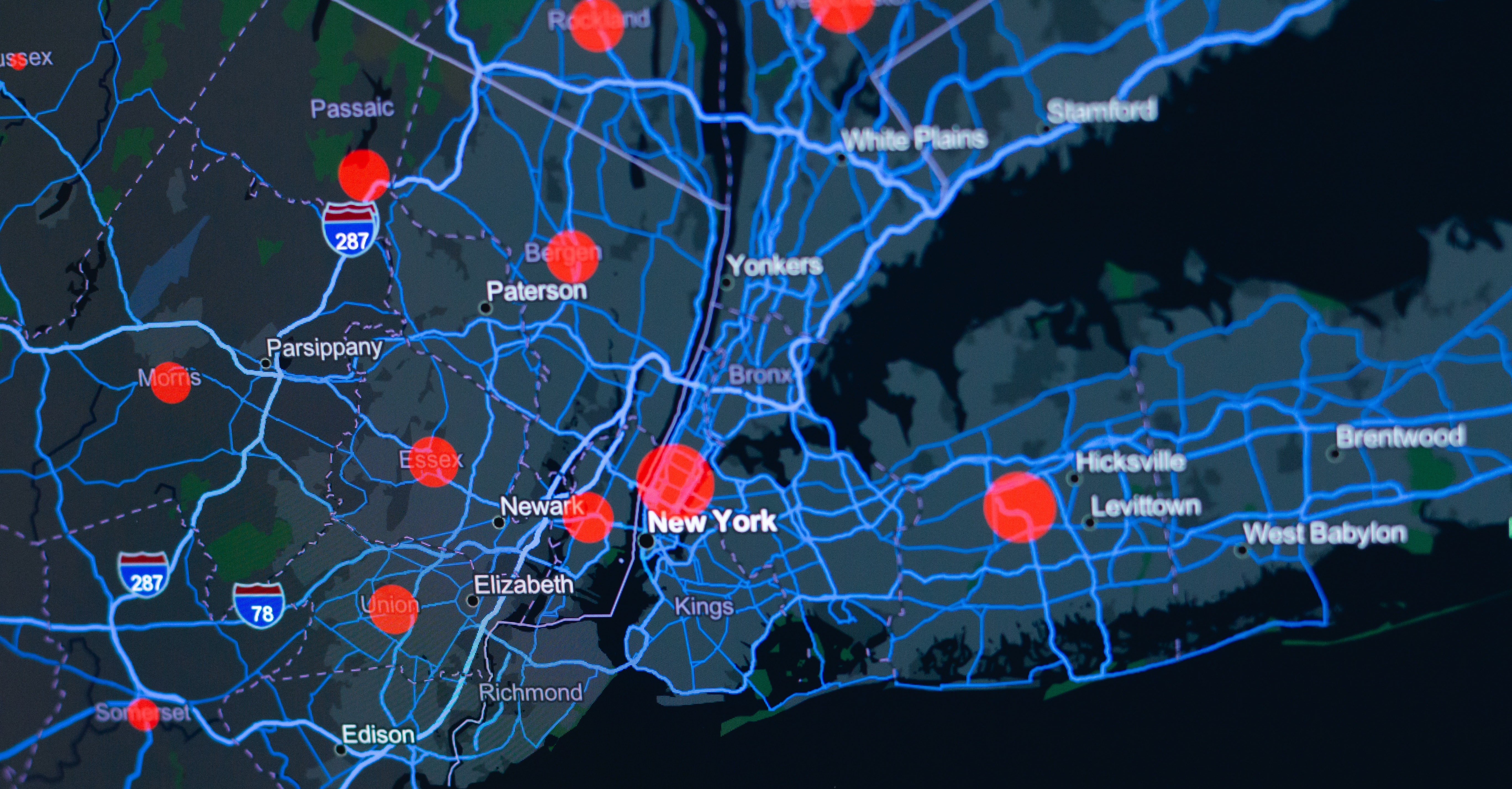Newsletter
Since the escalation of the coronavirus outbreak into a full pandemic, people have increasingly sought ways to best protect themselves and their family. For people who must enter public areas, whether for work or necessities, face masks have become an integral part of personal protection.
While the CDC did not, at first, recommend wearing masks, they have since changed this recommendation. The CDC now encourages the public to wear cloth face coverings when out in public spaces. But how effective are these masks? What's the best type of mask for COVID-19? Let’s start with the most effective: N95 masks.
How Effective Are N95 Respirators?
N95 respirators are the quintessential masks for medical and industrial professionals. Shaped like a dome, N95 masks are a piece of personal protection equipment (PPE) that provide a close-fitted option for preventing exposure to airborne droplets and particles.
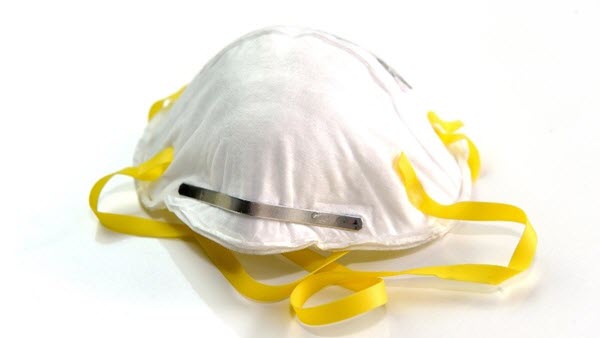
Image via the U.S. Food and Drug Administration
The name “N95” describes the filtration efficiency of the mask. In this case, N95 respirators block 95% of 0.3 μm particles from passing through the mask. The respiratory droplets that carry coronavirus particles are much larger than 0.3 μm, averaging 5 μm or larger, so properly fitted N95 masks are quite effective in blocking droplets carrying the new coronavirus. For other, airborne viruses, N95 respirators may not be as effective. From more information about the transmission of COVID-19, we recommend you check out this article: Is COVID-19 Airborne? Busting Myths About the Transmission of the Novel Coronavirus.
Likewise, some N95 masks are effective in preventing infected individuals from spreading COVID-19. Just as the mask blocks incoming particles, N95 masks will stop outgoing particles. For N95 masks with valves to release exhalations and heat, however, sterile conditions aren't met and there may be some transmission by infected individuals.
As we can see, N95 respirators are excellent options for stopping the coronavirus in its tracks. Why doesn’t the CDC recommend everyone wear an N95 mask? Wouldn’t that be the best way to contain COVID-19?
Actually, no. N95 respirators are not limitless. The CDC and other health organizations don’t recommend people wear N95 masks because there’s a shortage for medical professionals; if everyone wore an N95 mask, there wouldn’t be enough for the people most at risk of contracting COVID-19. Thus, to protect people leading the charge against this virus, we need to utilize social distancing and N95 mask alternatives.
We also have a separate blog post discussing N95 and other types of masks used to protect you from air pollution. See the blog post here: Types of Pollution Masks
Do Surgical Masks Protect Against Coronavirus?
Surgical masks are loose-fitted, disposable masks that provide some protection against droplets. Often made of non-woven cloth, surgical face masks are designed to prevent the transmission of fluids during surgery or patient treatments.
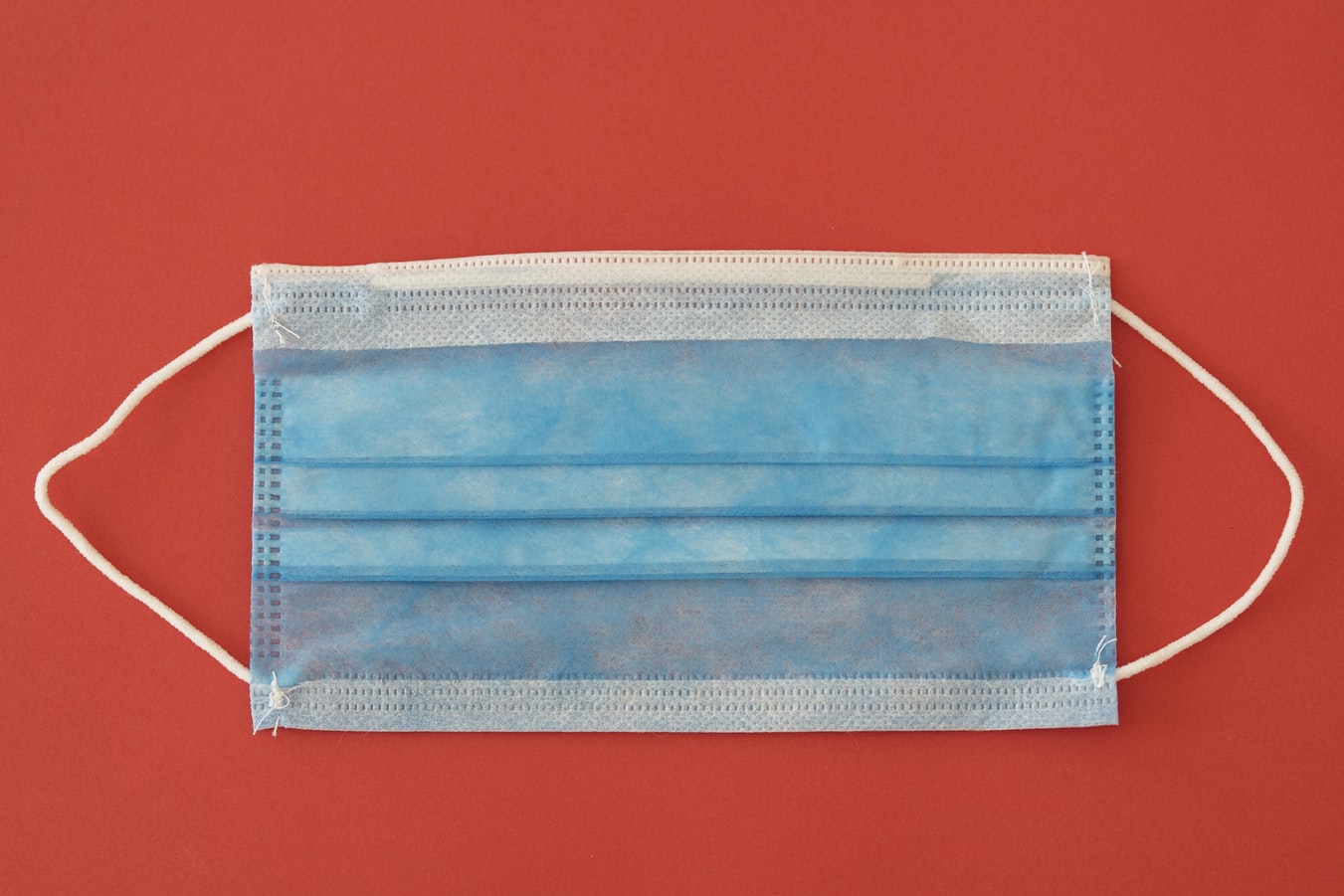
Because SARS-Cov2 is spread through droplets, surgical masks may also offer some protection against catching COVID-19, but not reliably so. Surgical masks were built to contain infectious agents, not shield against them. That said, do they work for the new coronavirus?
In a study published in Nature Medicine, researchers tested surgical masks against respiratory droplets and aerosols. For people infected with seasonal coronaviruses (not COVID-19, specifically), the surgical mask was significantly effective in removing respiratory droplets from exhaled air, reducing the number of coronavirus-ladden droplets from 4 to 0 out of the 10 samples collected. The masks were far less effective as protection against airborne particles, but surgical masks do help prevent symptom-less individuals from spreading COVID-19 further.
Are Cloth Masks Effective Against Coronavirus?
The CDC has changed its mind about cloth face masks in response to the growing pandemic. Cloth face coverings, often homemade, don't have the same filtration standards as N95 or surgical masks.
Because cloth face masks are made of woven material, some droplets in the air can pass through the gaps in the fabric. There may be some droplets blocked by the masks, but some will inevitably slip through, and cloth masks offer little to no protection against COVID-19. So why does the CDC recommend everyone wear a cloth mask?
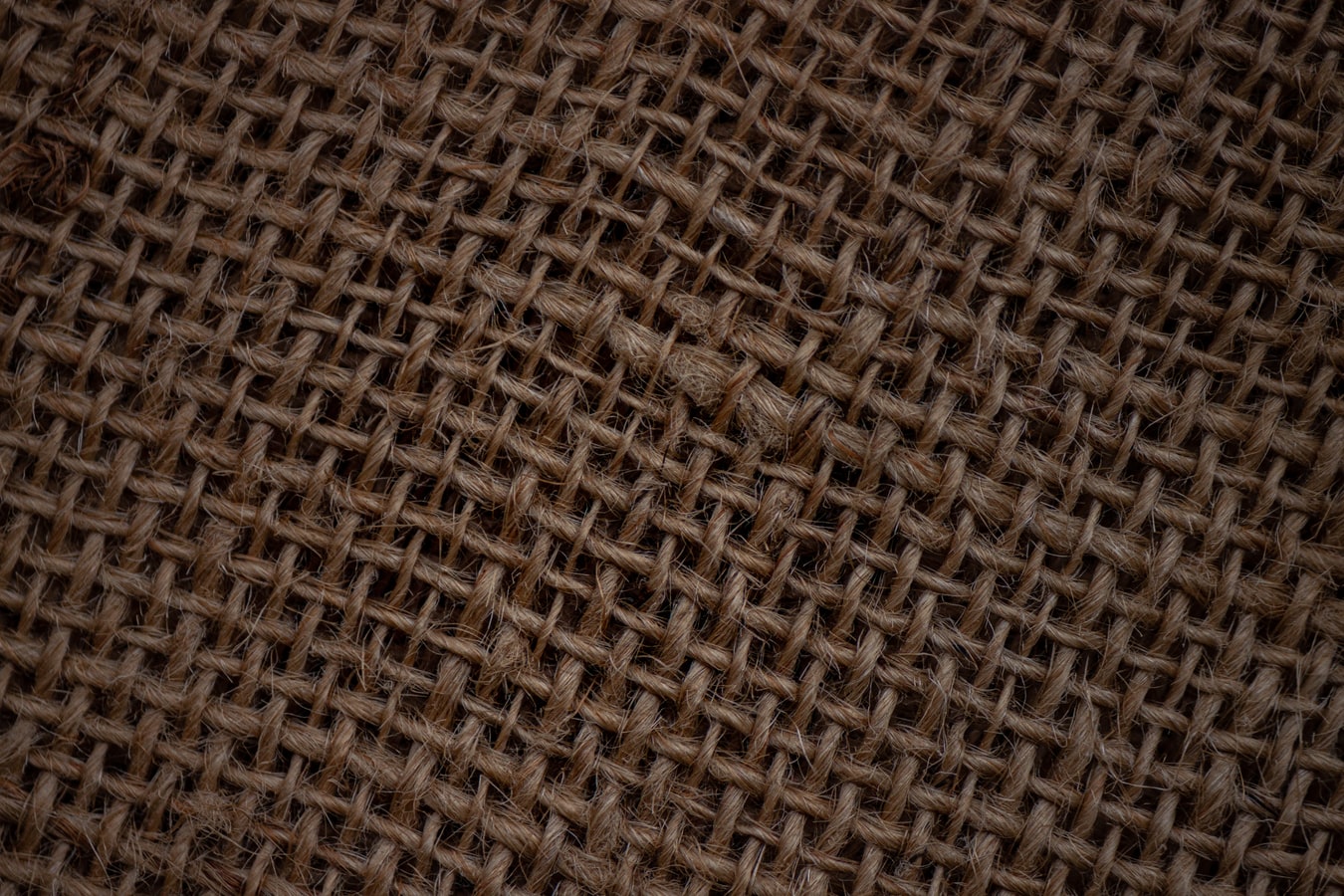
Woven fabrics have tiny, breathable holes large enough from some droplets to sneak through.
Many people spreading the new coronavirus do it unwittingly, as they don’t have symptoms and may feel completely fine. Current research indicates that the virus responsible for COVID-19 has a high viral load early in the infection, meaning that people are very infectious without any symptoms.
Previous studies on the influenza virus indicate that cloth masks do offer limited benefits in preventing viral spread. Based on these previous findings and preliminary COVID-19 research, the CDC took the “well, it can’t hurt approach” and changed their recommendation. The design of the mask itself may also have an effect; close-fitted, multi-layer masks with tighter fabric weaves will offer more protection than ill-fitting, single-layer masks. In general, cloth masks do little to protect the individual wearing, but they can help stop them from spreading droplets as they talk or breathe as presymptomatic or asymptomatic carriers.
We should all remain on alert and respond to recommendations from authoritative sources, like WHO and the CDC. If you want to learn how to make your own DIY mask, read more below!
Fabric mask resources
The CDC has a video tutorial on how to create your own no-sew cloth mask, and another tutorial for a sewn mask. If you choose to wear one in public, be sure to wash it often, especially after handling it, so you eliminate any germs trapped in the fabric.
For those of us who sew, you can donate any masks you create to Joann Fabrics, who will donate these masks to those who need them most. You can learn more here!
Kaiterra provides air quality monitors and an IAQ analytics dashboard for healthy buildings and offices, helping workplace leaders and healthy building pioneers assess and improve their indoor air quality. Our indoor air quality monitors like the Sensedge and the Sensedge Mini can be found in many of the world’s most iconic buildings and workplaces, such as the Empire State Building and the Burj Khalifa.






.png?width=200&height=148&name=Menu%20C%20(2).png)

.png?width=307&height=228&name=Menu%20-%20D%20(1).png)
.png)
